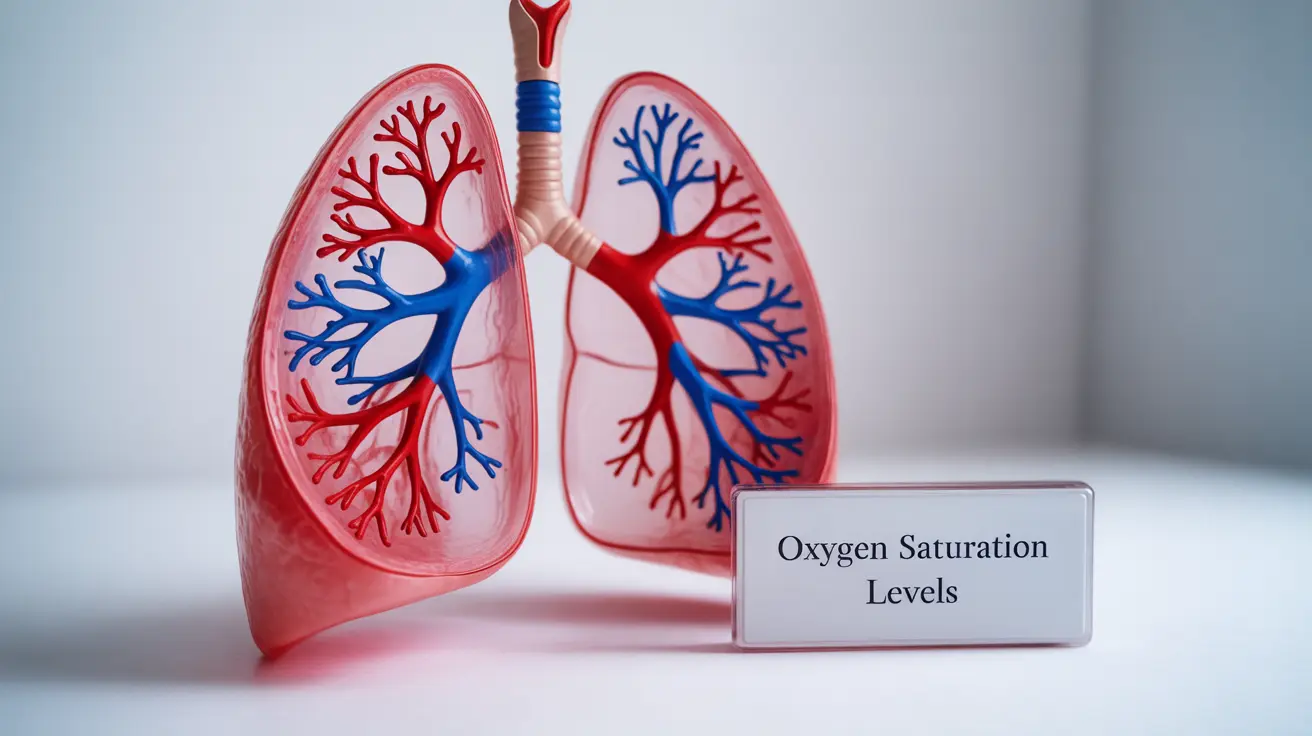Hypoxemia is a serious medical condition where blood oxygen levels fall below normal, potentially affecting vital organ function throughout the body. This condition requires prompt medical attention as it can lead to life-threatening complications if left untreated. Understanding the signs, causes, and treatment options for hypoxemia is crucial for early detection and proper management.
What is Hypoxemia?
Hypoxemia occurs when the oxygen level in your arterial blood drops below normal ranges, typically less than 95% saturation. This condition differs from hypoxia, which refers to low oxygen levels in your body's tissues. While these terms are related, hypoxemia specifically describes the state of low blood oxygen.
Signs and Symptoms of Hypoxemia
Recognizing the symptoms of hypoxemia early can lead to faster treatment and better outcomes. Common indicators include:
- Shortness of breath or difficulty breathing
- Rapid breathing
- Fast heart rate
- Chest pain
- Confusion or mental fog
- Dizziness
- Bluish coloration of the skin, lips, or fingernails (cyanosis)
- Persistent coughing
- Wheezing
Common Causes and Risk Factors
Hypoxemia can develop from various underlying conditions and circumstances:
Medical Conditions
- Asthma
- Chronic obstructive pulmonary disease (COPD)
- Pneumonia
- Pulmonary edema
- Sleep apnea
- Lung cancer
Environmental Factors
- High altitude exposure
- Smoke inhalation
- Air pollution
- Chemical exposure
Diagnosis and Medical Assessment
Healthcare providers use several methods to diagnose hypoxemia:
- Pulse oximetry
- Arterial blood gas test
- Chest X-rays
- CT scans
- Pulmonary function tests
Treatment Approaches
Treatment for hypoxemia varies depending on the underlying cause and severity:
Immediate Interventions
- Supplemental oxygen therapy
- Mechanical ventilation in severe cases
- Emergency medications for underlying conditions
Long-term Management
- Treatment of underlying medical conditions
- Lifestyle modifications
- Regular monitoring of oxygen levels
- Pulmonary rehabilitation programs
Prevention and Risk Reduction
While not all cases of hypoxemia can be prevented, certain measures can help reduce risk:
- Quitting smoking
- Regular exercise within personal limits
- Maintaining a healthy weight
- Managing chronic conditions effectively
- Avoiding exposure to air pollutants
- Regular medical check-ups
Frequently Asked Questions
What are the common symptoms that indicate someone might have hypoxemia?
Common symptoms include shortness of breath, rapid breathing, chest pain, confusion, dizziness, and bluish coloration of skin, lips, or fingernails. If you experience these symptoms, especially in combination, seek immediate medical attention.
What causes hypoxemia and which medical conditions increase the risk?
Hypoxemia can be caused by various conditions including COPD, asthma, pneumonia, sleep apnea, and lung cancer. Environmental factors like high altitude exposure and smoke inhalation can also trigger hypoxemia. People with chronic respiratory conditions are at higher risk.
How is hypoxemia diagnosed and when should I seek emergency medical care?
Hypoxemia is diagnosed through pulse oximetry, arterial blood gas tests, and imaging studies. Seek emergency care if you experience severe shortness of breath, chest pain, confusion, or bluish skin coloration, as these may indicate dangerously low oxygen levels.
What treatment options are available to manage hypoxemia effectively?
Treatment options include supplemental oxygen therapy, mechanical ventilation if necessary, and addressing underlying conditions. The specific treatment plan depends on the cause and severity of hypoxemia. Long-term management may include pulmonary rehabilitation and lifestyle changes.
Can hypoxemia be prevented and what lifestyle changes help reduce the risk?
While not all cases can be prevented, risk can be reduced through lifestyle changes such as quitting smoking, regular exercise, maintaining a healthy weight, and managing chronic conditions. Regular medical check-ups and avoiding exposure to air pollutants also help prevent hypoxemia.




